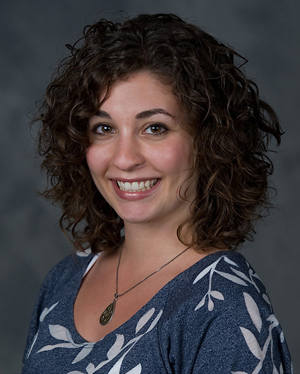
I moved to Cairo, Egypt in 2006 to work with an international non-governmental organization focused on higher education access and cross-cultural exchange. In this position, I was exposed to the interactions between local NGOs and government and how these entities impact all levels of education from early childhood to the university level. Living and working in Cairo proved to be an invaluable experience as it added a substantive and practical dimension to my prior academic studies in economics, labor markets, gender and culture. Experiencing firsthand the structural challenges of the Egyptian education system afforded me a deeper understanding of the strengths and weaknesses that exist in education systems around the world, including in the United States. In addition to spending over two years working in Egypt, I managed a variety of cross-cultural and educational programs for a non-profit organization in New York City, including a tutorial program for middle school students in Harlem. The similarities and differences I witnessed in the education sectors in Cairo and New York highlighted the importance of comparative analysis in any critical approach to education vis-à-vis the current global disparities in education quality. Ultimately, these experiences and my desire to have a stronger academic and theoretical understanding of education systems worldwide led me to pursue graduate studies in International Comparative Education.
After exploring the top international education programs in the United States and abroad, I was confident that a degree from the Stanford Graduate School of Education (GSE) was directly related to my long-term professional goal of becoming an academic and administrative leader with the scholarly background and practical tools to shape programs, curricula and policies related to international higher education. The ICE/IEAPA MA program was an ideal opportunity to combine my previous studies in international relations with theory and research in the field of international education. I found the small cohort of the ICE/IEAPA MA program to be instrumental throughout the learning process. My peers contributed unique ideas and perspectives to my studies and career choices both inside and outside the classroom. With the support of world-renowned faculty at SGSE, I developed my research skills and refined the focus of my MA paper, which addressed the relationship between government policies, higher education attainment and labor force participation for women in Egypt. Finally, the tangible research experience I gained writing the MA paper has proven to be an asset in my professional life and will undoubtedly afford me greater opportunities for career advancement in the field of international education.